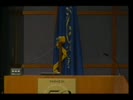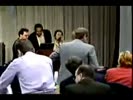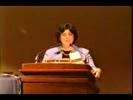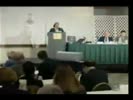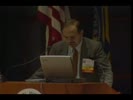"Minding" your balance with Tai Chi: The Interdependence of Cognitive and Motor Function in the ElderlyLoading... Loading video... 2,076 Views
Related Videos... |

An official website of the United States government
Here’s how you know
Official websites use .gov
A
.gov website belongs to an official government
organization in the United States.
Secure .gov websites use HTTPS
A
lock (
) or https:// means you’ve safely connected to
the .gov website. Share sensitive information only on official,
secure websites.
